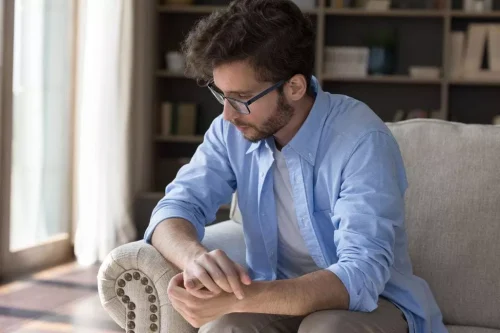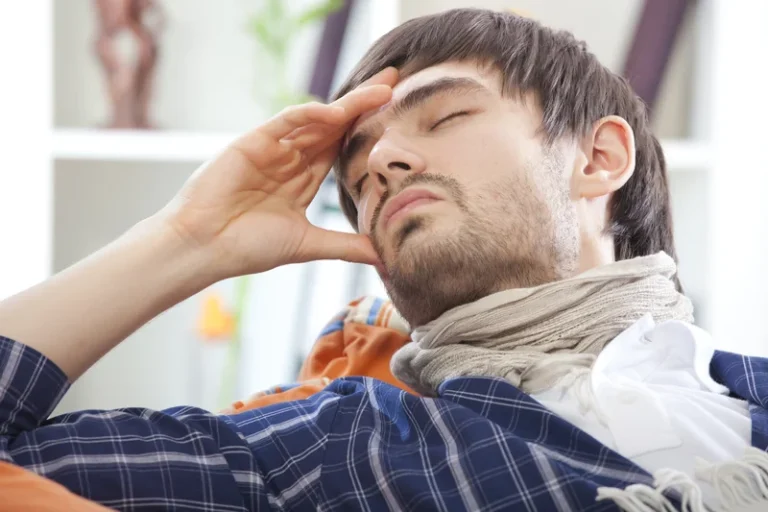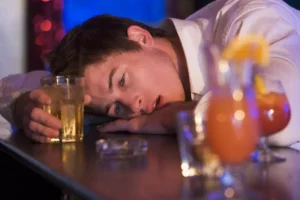
You should not worry that a single dose of a benzodiazepine will cause the reemergence of withdrawal symptoms. Withdrawal is the result of changes in brain receptors which happen over time and with regular use. These changes in receptors will not occur with only a single dose of a benzodiazepine. Cognitive behavioral therapy (CBT) is a common approach to treating benzodiazepine addiction. CBT assumes that there is a relationship between a person’s thoughts, feelings, and behaviors.

Sign 5: Seizures
In severe cases, benzo withdrawal can lead to seizures or a condition called delirium tremens, characterized by confusion and hallucinations and, in extreme cases, can be life-threatening. Contact your doctor as soon as you have concerns about benzo dependence. If you have been taking benzos for more than 4 weeks, contact your doctor for severe benzodiazepine withdrawal syndrome advice on how to safely taper your dosage. Though therapy generally can’t address withdrawal symptoms specifically, it can help improve some symptoms, like anxiety and insomnia. If you experience unpleasant withdrawal symptoms during your taper, your care team can help you explore options to address those symptoms and get relief.
- The greater the amount of opioid used by the patient, the larger the dose of buprenorphine required to control symptoms.
- Benzodiazepine abuse and dependence has become more significant among all age groups, from teens to elderly adults.
- Some short-acting benzos are more potent than the long-acting benzos so the withdrawal in those cases will be even stronger.
- Often individuals dependent on opiates should be started on methadone or buprenorphine.
Risks of Addiction
If a person experiences a seizure during benzodiazepine withdrawal, they should seek immediate medical attention. Medical professionals may administer anti-seizure medication and provide measures to prevent further seizures. Not everyone who undergoes benzodiazepine withdrawal will experience seizures. However, individuals who have a history of seizures or have used high doses of benzodiazepines for an extended period may be at higher risk. To cope with physical discomfort during benzodiazepine withdrawal, individuals may benefit from engaging in relaxation exercises, massage therapy, and physical activity such as yoga or swimming. These activities can help to reduce muscle tension and promote relaxation, which can help to alleviate some of the physical symptoms of benzodiazepine withdrawal.

Can you prevent withdrawal?
Benzodiazepine abuse and dependence has become more significant among all age groups, from teens to elderly adults. In 2016, estimates suggest that about half a million people in the United States misused sedative drugs. A person may mix drugs to enhance the effect of a single drug, to feel the effects of the drugs together, or to decrease the effects of a substance. Many drug combinations occur in people who use alcohol and other street drugs while taking prescription medication.

Early Stage (First Few Days)

- One of the most important is to engage in good sleep hygiene practices.
- Cognitive-behavioral therapy (CBT) helps equip individuals with coping mechanisms to handle triggers, manage stress, and address root causes contributing to benzodiazepine use.
- Sedative-hypnotic withdrawal is treated with substituting drugs that have a long duration of action, benzodiazepine or phenobarbital for a few days, followed by a decreasing dose over 2 to 3 weeks.
- As a result, when someone stops taking benzodiazepines abruptly or significantly reduces their dose, their brain and body may not function the way they used to.
